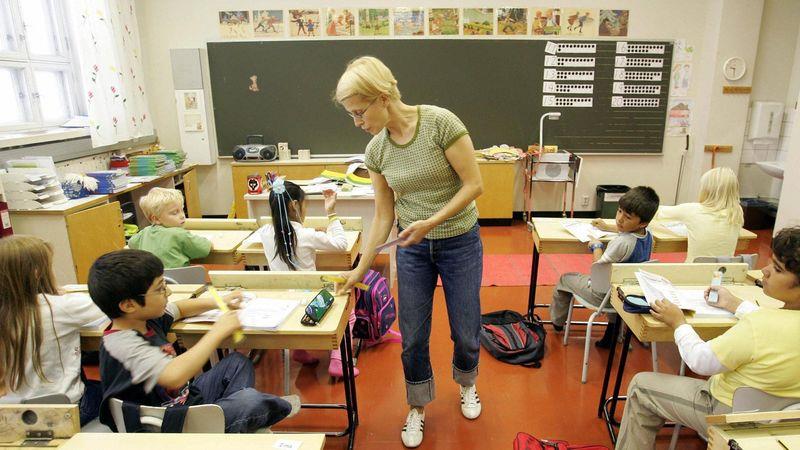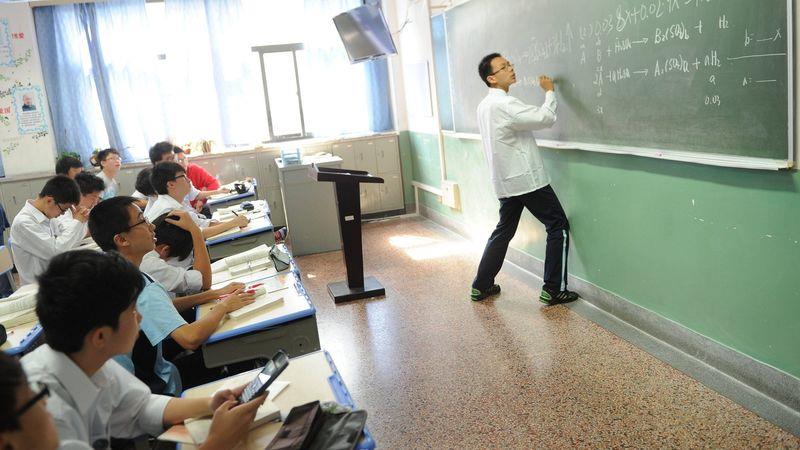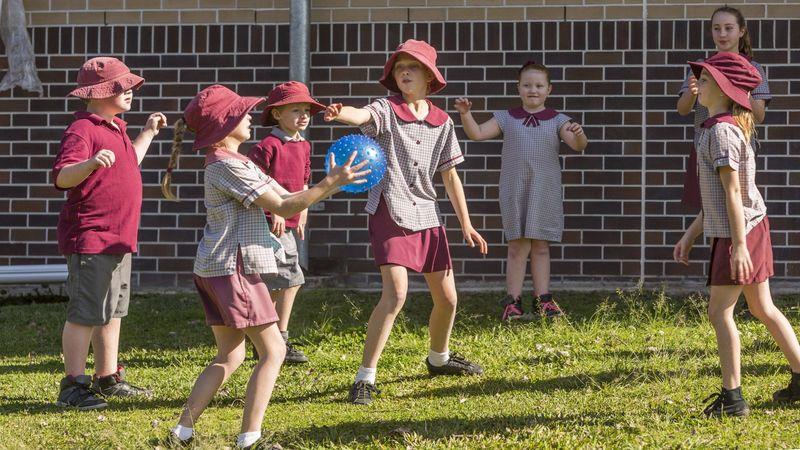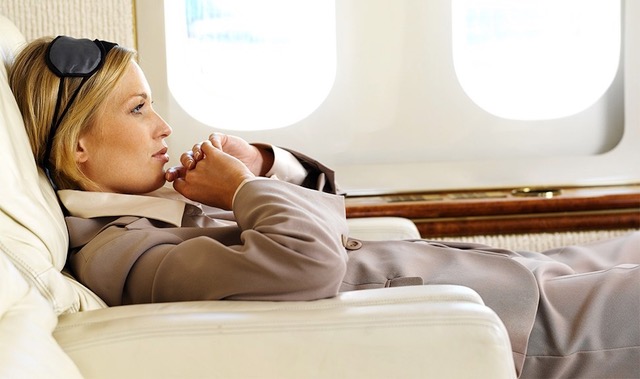
Schools: state vs private expat education
Generous living subsidies and international school fees paid in full were once a guaranteed part of expatriate life. Alas, no longer: even Singapore’s famously generous packages are down (the lowest they have been for five years) and Hong Kong’s too, according to a report by ECA International, the consultancy. Meanwhile, private school fees are rising above inflation in almost every developed country. It is therefore hardly surprising that parents are increasingly asking us, as education consultants, about state school options abroad.
So what do we tell them? It is hard to recommend the state option unreservedly. Of course, families will make a huge cost saving — many international private schools are even more expensive than domestic private schools. The cost of sending a child to an international school is almost $3,000 a month in some expat hotspots.
There are other advantages, too. The best state school systems are extremely rigorous; results from Shanghai, Singapore and Finland are the envy of many private schools. Local schools also allow students to integrate more deeply in the local culture.

The state school system in Finland is the envy of many private schools
On the flip side, local schools are generally less well funded and have fewer fancy facilities than their international alternatives. Likewise, for “rigour”, it can be more accurate to read “ferocious and narrow” — especially in Asia. Local curricula also tend to be much less portable than globally recognised international programmes, such as the international baccalaureate. Each month we tutor hundreds of expatriate pupils needing to bridge the gap between two different curricula.

Asian state schools have a reputation for being rigorous, but the curriculum can be narrow
State schools can also mean more work for parents. With some exceptions, such as in Paris, most state schools are simply unaware of the needs of expat families. Term dates, lesson times and admissions deadlines do not accommodate expatriate families as international schools do. It is not surprising that many families, if they can find the money, choose the latter for an easier life.
If parents do pick a local school, they should determine how open their destination country is to overseas families. Singapore and Australia are among the countries that make it hard or expensive for foreign children to enrol in their schools, aiming to keep publicly funded provision for local families. Others, such as the UK, are much more open.

Australia makes it hard or expensive for foreign children to enrol in its schools
Living in the right place often matters, as catchment areas are common. This raises a frequent chicken-and-egg problem: many families would rather be assured of a school place before they invest in a property, especially given that other factors, such as religion or academic selection, might be in play. Renting short-term accommodation near the school is the common way to overcome this problem.
As ever with education, parents should plan as far as possible in advance and be ready to persevere.
by Will Orr – Ewing for the Financial Times
Click here to book a consultation with Will, one of the AE recommended Education Advisory company that Will founded many years ago.


